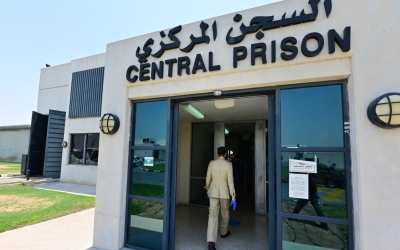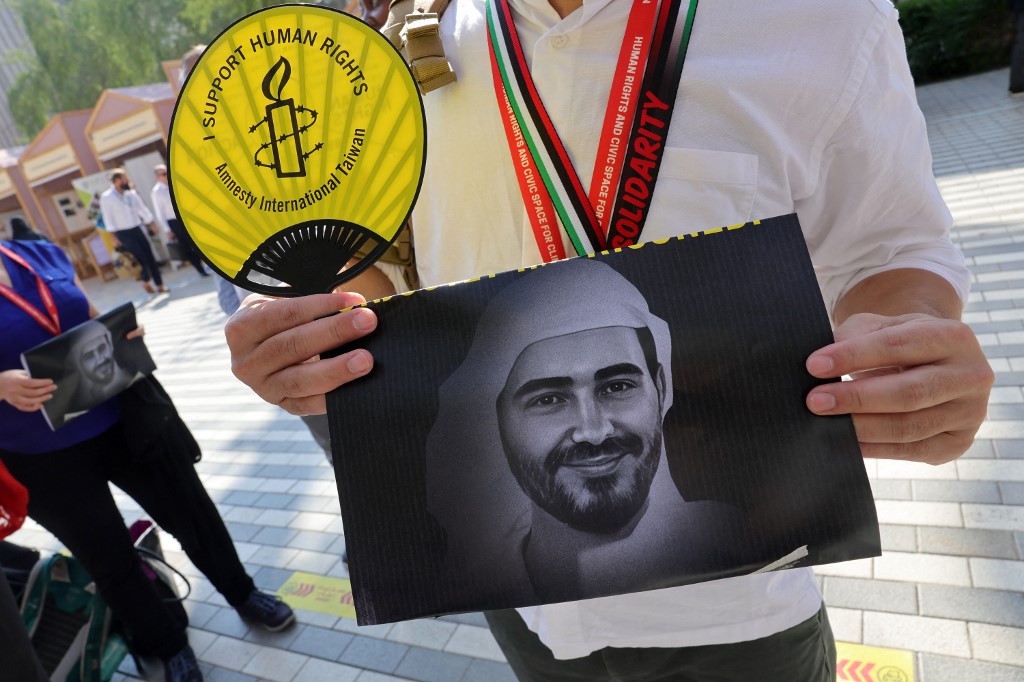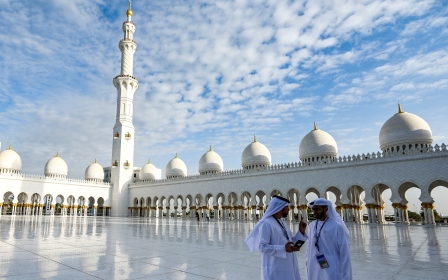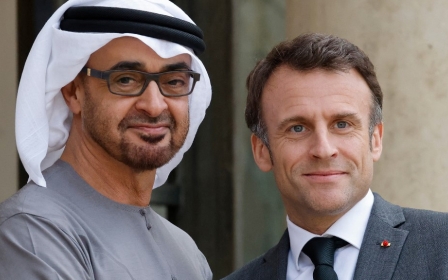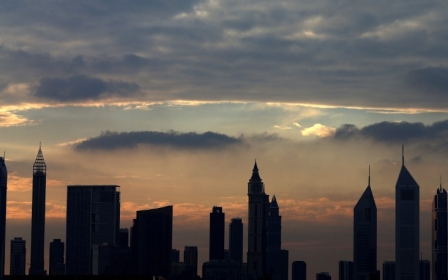How the UAE crushes dissent by arbitrarily revoking citizenship
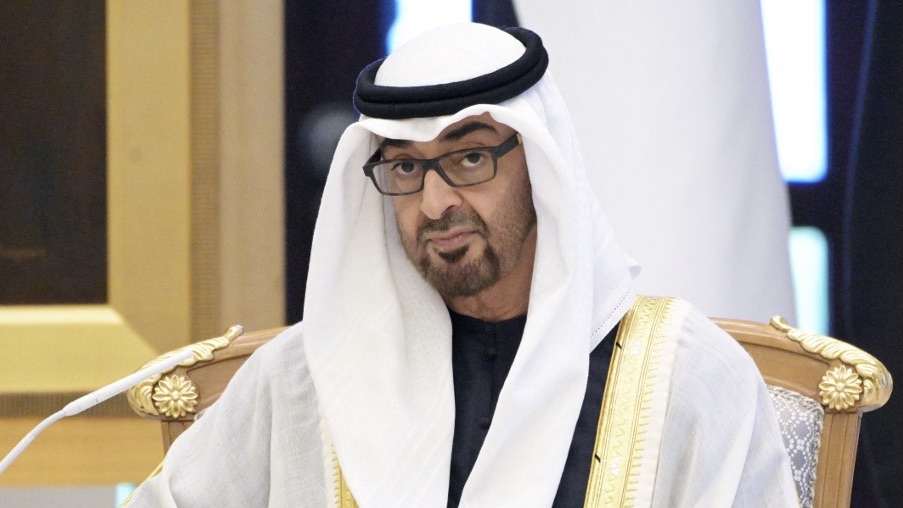
The UAE’s most concealed and favoured tool for punishing and suppressing political dissent has long been the revocation of citizenship from those who dare to criticise the government.
Many affected by this practice are either defendants in the "UAE84" trial or their family members.
This trial, the second-largest mass political trial in UAE history, concluded last month with at least 43 defendants sentenced to life in prison on bogus terrorism charges.
The alarming trend of citizenship stripping reflects a deliberate effort by authorities to forcibly silence activists and create an unprecedented “chilling effect” within civil society. A report by the Mena Rights Group, published last month, exposed the extensive and troubling nature of this trend.
It all began on 3 March 2011, when 133 Emirati academics, judges, lawyers, students and human rights defenders signed a petition addressed to the president of the UAE and the Federal Supreme Council, calling for democratic reforms.
New MEE newsletter: Jerusalem Dispatch
Sign up to get the latest insights and analysis on Israel-Palestine, alongside Turkey Unpacked and other MEE newsletters
Many of the signatories were members of the Reform and Social Guidance Association (al-Islah), which had engaged in peaceful political debate in the UAE for many decades.
The first known case of citizenship revocation occurred just a few months after the petition was sent, involving the ”UAE7”: Ahmed al-Suwaidi, Hasan and Hussein al-Jabri, Ibrahim al-Marzooqi, Mohammed al-Siddiq, Shaheen al-Hosni and Ali al-Hammadi. In 2011, all seven had their citizenship revoked, rendering them stateless.
This punitive action was intended to intimidate and directly violated the UAE’s domestic legal framework, as none of them received an official decree stating that their citizenship had been revoked. Moreover, this measure breached the UAE’s international obligations, which require that citizenship revocation be applied under the principle of proportionality - a principle that was clearly disregarded in this case.
Serious concern
Throughout 2012, the UAE’s State Security Apparatus (SSA) launched a brutal campaign of arrests targeting individuals who had signed the petition, many of whom were members of al-Islah. The SSA subjected those arrested to prolonged incommunicado detentions and severe acts of torture.
The arrests culminated in the most extensive political mass trial in UAE history, known as the “UAE94” trial. On 2 July 2013, the trial concluded with the conviction of 69 defendants, including the “UAE7”, who received lengthy prison sentences for founding, organising and administering an organisation aimed at overthrowing the government.
In November 2013, the UN Working Group on Arbitrary Detention deemed their detention arbitrary and their trial unfair. Although most of these individuals have completed their sentences and should have been released, they remain detained to this day.
Beginning on 7 December 2023, the majority were retried in the country’s second-largest political mass trial, involving 84 defendants. The “UAE84” verdict was delivered on 10 July 2024, with at least 43 defendants receiving life sentences and others sentenced to lengthy prison terms.
Many members of the “UAE94”, distinct from the “UAE7”, faced citizenship revocation following their convictions. Notably, Abdulsalam al-Marzooqi had his nationality revoked in late 2016 without official notification, once again violating the authorities’ legal obligations under domestic law.
The authorities have also used this practice against the family members of the “UAE94”.
In March 2016, Mohammed al-Siddiq's three children were summoned to Sharjah's immigration office with their identity documents. There, an officer informed them that their citizenship had been revoked and they should seek another nationality but refused to provide a copy of the revocation decree.
As a result, the three siblings were rendered stateless without official documentation.
UN experts have expressed serious concern over these citizenship revocations in communications to Emirati authorities.
Arbitrary and illegal
Similarly, Abdulsalam al-Marzooqi’s children were deprived of their nationality without formal notice. In July 2016, five of his six children travelled to the US for medical treatment.
While in the US, they received a call from the nationality and passports department at the Ministry of Interior in Abu Dhabi, asking them to bring all their identity documents to its office in the UAE.
Marzooqi’s children explained that they could not do so as they were abroad. Since then, none of them have been able to renew any of their identity documents.
In February 2022, the Marzooqi family received another call from the nationality and passports department informing them that the children’s citizenship had been revoked because they inherited the status of their father, whose citizenship had also been revoked.
This confirmed their loss of citizenship, but they received no official decree, making the revocation both arbitrary and illegal.
Another troubling phenomenon in the UAE is the refusal to renew identity documents. The vast majority of the “UAE94” living in exile, as well as most of their families, are denied renewal once their IDs expire.
Although they are not officially removed from the UAE system, they are effectively at risk of statelessness.
When trying to perform administrative tasks, they are not explicitly informed of their non-citizen status but are asked to present valid IDs, which they cannot provide. This practice is concerning due to its lack of legal basis and its widespread use to punish activists and their relatives.
Numerous hardships
Whether officially deprived of their nationality or simply unable to renew their IDs, affected individuals face numerous hardships. These difficulties impact their ability to handle administrative matters, obtain insurance, pursue university admissions, search for jobs and travel.
By enforcing these repressive measures, Emirati authorities are effectively violating a wide range of human rights
By enforcing these repressive measures, Emirati authorities are effectively violating a wide range of human rights, including the right to nationality, freedom of movement, access to education and the right to health, among others.
These practices must end immediately.
The international community, human rights organisations and concerned individuals must continue to pressure the UAE government to uphold its legal obligations and respect the rights of its citizens.
By highlighting these injustices, we can work to ensure that no one is left stateless or deprived of their basic human right to exercise their freedom of speech.
The views expressed herein represent the opinions of the authors. They have not been reviewed or approved by the House of Delegates or the Board of Governors of the American Bar Association and, accordingly, should not be construed as representing the position of the association or any of its entities.
The views expressed in this article belong to the authors and do not necessarily reflect the editorial policy of Middle East Eye.
Middle East Eye delivers independent and unrivalled coverage and analysis of the Middle East, North Africa and beyond. To learn more about republishing this content and the associated fees, please fill out this form. More about MEE can be found here.


